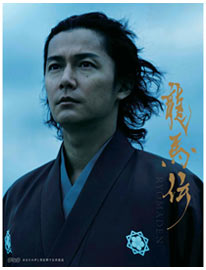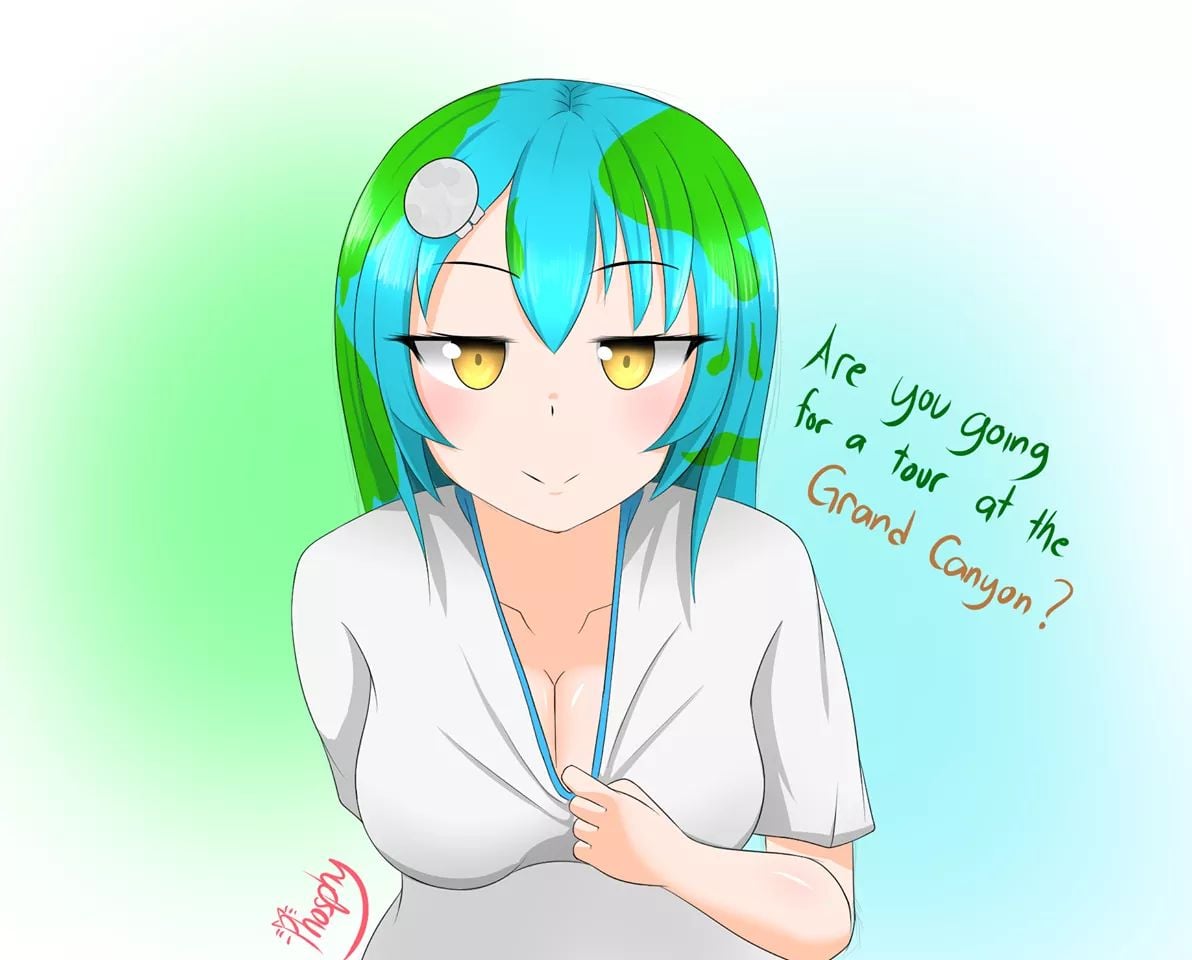One thing you have to understand about the Japanese is, they like lists, such as the Three Beautiful Sights of Japan (Nihon Sankei) or the Three Famous Hot Springs (Sandai-onsen), and late-night TV shows that rank meaningless things like sausages sold in supermarkets are not hard to find. Educational publisher U-Can has released the list of the 60 words or phrases that most defined the past year in Japan, and it’s fun to browse the list. The Internet slang word “nau” (the English word “now” but written in hiragana by lazy Twitter users) was on the list, as was moshi-dora, an abbreviation of the popular business book, “What If High School Baseball Managers Read Peter Drucker’s ‘Management’?” When the Washington Post called former Prime Minister Hashimoto “loopy” over his wide policy swings regarding the U.S. base on Okinawa, the word entered popular culture here rapidly. AKB48 was everywhere this year so they made the list, as did Tokyo Sky Tree, the under-construction tower that will be the tallest structure on Earth when completed in 2012. But my favorite entry on the list was ~ze yo, the archaic phrase used often in the popular NHK jidai-geki (period drama) Ryoma-den, the story of how Ryoma Sakamoto almost single-handedly set the stage for Japan’s emergence as a modern nation. Set in Tosa (modern-day Koichi Prefecture, on the Japanese island of Shikoku) in the 1860s, the popularity of the show has millions of Japanese, including my own family, talking in archaic samurai-speak.

Aarchaic Tosa dialect has been all the rage this year.















